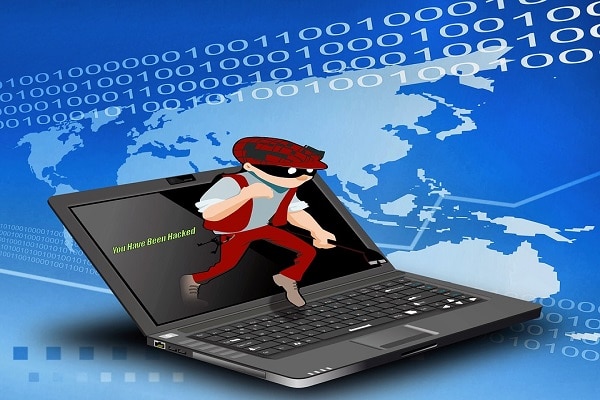Needless to say, computer hackers are very clever and smart. They are always coming up with new techniques of a ruse to take ownership of your digital life. Some get into your computer indirectly and snoop everything. The trick is, they may be using your computer and you may not even know it. So the question is: are you taking enough precautions to protect your data? Instead of sitting back and waiting to get hacked, here are eight simple, but important ways to protect your computer and your digital life.
1. Public Wi-Fi
Most places like restaurants, hotels, conference centers, bars, and other public places offer free Wi-Fi connections. Security experts showed the vulnerability of these public free internets. So it is wise not to perform transactions with your credit card on public Wi-Fi. A hacker can easily see the information going to (from) your computer and intercept it. But if you really want to share sensitive information through these networks, then use tools like virtual private networks (VPNs). Alternatively, just set up a hotspot connection using your mobile data.
2. Computer Hackers: Questionable Email
Email is a great means of communication. Another technique used by hackers to get access to your personal data is to send you an email with a link. Then when you click on that link you actually allow potential viruses and spy programs to take control of your computer. So be careful when you open email attachments that you’re not expecting or a link that you have no idea about.
3. Change Your Password More Often
Keeping the same password for years is an open door for hackers. It is highly recommended to change it more often. Because changing regularly your password makes it harder for hackers to get access to your information. Also, protect your computers with a strong password.
4. Be Careful About Websites You Visit
One of the best ways to keep your computer secure is to be careful what website you visit. There are so many sites out there, ready to deliberately get you. Especially porn and dating sites. Since they are the most visited sites, they are constantly targeted by hackers. Do not share your personal or sensitive information on those sites. If you must, then keep it minimal and use antivirus. In 2016, millions of people got hacked through these kinds of sites. All the emails, usernames, and passwords leaked online.
5. Browser
Having a good web browser is something you should not ignore. Decent web browsers are the most important things on a computer. Statistics from Statcounter showed Chrome usage at 38.07% and Internet Explorer (IE) at 29.3%. Another from Wikimedia showed chrome at 44.06% and IE at 22.08%. Therefore chrome is by far the most popular browser and is very secure. Other options are Internet Explorer, Firefox, and Opera.
6. Update Your Computer Regularly
Another way hackers access your computer is through vulnerabilities in outdated programs. That’s why Microsoft releases a regular security update for your computer against the latest viruses and hacking tools. So do not ignore those notifications to update and secure your computer. It is the first defense against potential attacks. Keeping your device healthy is a critical first step toward better security.
7. Private Browsing
When you are surfing, you have the choice to use private browsing. This is an extra security option for you to protect your computer and your privacy. The more layers of defense you have, the harder for hackers to get into your digital life.
8. Clear Your History
Before you start worrying about the security and privacy of your digital life, make sure you have cleared your browser history. Especially after a transaction online or sharing very sensitive data. Because your browsing history discloses all the websites you have visited. So a hacker can get there and recover sensitive information like personal data or credit card numbers. So make sure that you have cleared your history after performing a transaction or opening an account online.
There are numerous ways to protect your computer. No one method is enough to ensure your computer is secure. However, following these basic security precautions can be very helpful against potential hackers.
Written by Famio Services Team

